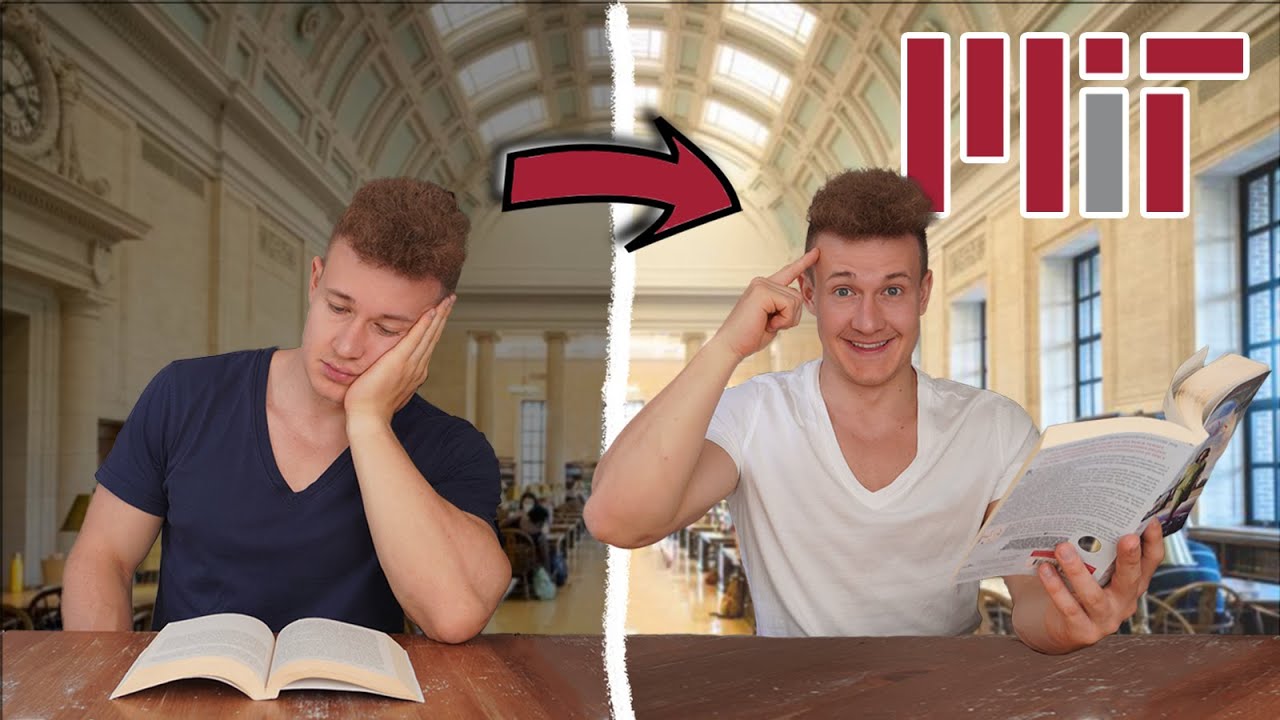You’re NOT stupid, you have ADHD | How I Study When I Can’t Focus or Concentrate on ANYTHING
Summary
TLDRThis video script narrates the speaker's journey through medical school with ADHD, highlighting effective study methods that aided their success. Key strategies include the 'squeeze' for maximizing focus, flashcards for active recall, managing impulsivity with short-term rewards, and utilizing white noise to enhance concentration. The speaker emphasizes the importance of these techniques for neurodivergent individuals and shares personal experiences to motivate and educate viewers on achieving academic success despite ADHD.
Takeaways
- 📚 Despite having ADHD, the speaker successfully completed medical school using various study methods.
- 💡 The speaker's channel focuses on sharing knowledge from personal mistakes to help others lead a balanced and successful life.
- 🧠 ADHD is often underdiagnosed and undertreated in the UK, despite increased media coverage and social media awareness.
- 📝 Strategy 1: The 'Squeeze' - Maximizing focus during study sessions by using flashcards instead of traditional note-taking.
- 🔄 Flashcards helped the speaker stay engaged and were more effective than reading textbooks during medical school.
- 🌍 The speaker promotes Sigma OS, a web browser designed to organize tabs into workspaces, enhancing productivity for neurodivergent individuals.
- 🍭 Strategy 2: The 'Gorilla' - Incorporating short-term rewards, like crossing off half-hour segments in a schedule, to maintain focus and motivation.
- 💪 Dopamine plays a crucial role in craving and motivation, making it important to integrate small rewards into study routines.
- 📝 The speaker emphasizes the importance of active recall through flashcards and practice questions to keep the brain engaged.
- 👥 Strategy 3: The 'Enemy' - Using body doubling (studying with others) and white noise to improve focus and productivity despite distractions from friends.
Q & A
What inspired the speaker to create this video?
-The speaker wanted to share the study methods and strategies they used to successfully complete medical school despite having ADHD, in hopes of helping others avoid the same mistakes and lead more balanced, fulfilled lives.
What is the speaker's view on the media's portrayal of ADHD?
-The speaker believes that the media often inaccurately suggests that ADHD rates are increasing due to factors like social media and lockdowns. They argue that ADHD is still underdiagnosed and under-treated, and that increased awareness is due to better accessibility of health information.
What study method did the speaker use during their GCSEs?
-The speaker primarily used flashcards, color-coded by subject, and repeatedly reviewed them to study for their GCSEs.
What mistake did the speaker make when preparing for their A-levels?
-The speaker stopped using flashcards, as advised by their mother, and instead tried to study by reading textbooks, which led to poor performance and disengagement.
How did the speaker adapt their study methods when they started medical school?
-The speaker researched effective study methods and returned to using flashcards, which they found to be the most effective way to study and stay engaged.
What is 'The Squeeze' strategy mentioned by the speaker?
-'The Squeeze' involves maximizing productivity during short periods of focus by engaging in stimulating and rewarding activities, like creating flashcards during lectures.
What role does the speaker believe social media plays in ADHD diagnosis rates?
-The speaker believes social media helps balance health inequalities by providing accessible information, leading more people to seek ADHD assessments, despite long waiting lists and difficulty accessing help.
What is 'The Gorilla' strategy for studying?
-'The Gorilla' strategy involves acknowledging the brain's craving for short-term rewards and incorporating small rewards into studying to maintain focus and motivation.
How does the speaker use 'Body Doubling' to improve productivity?
-The speaker uses 'Body Doubling' by studying alongside friends to stay anchored to tasks. They find that the presence of others provides enough stimulation to maintain focus.
What recent discovery did the speaker make that helped them stay focused?
-The speaker discovered the use of white noise, which helps block out distractions and maintain focus, especially when studying in environments with potential distractions like talking friends.
Outlines

This section is available to paid users only. Please upgrade to access this part.
Upgrade NowMindmap

This section is available to paid users only. Please upgrade to access this part.
Upgrade NowKeywords

This section is available to paid users only. Please upgrade to access this part.
Upgrade NowHighlights

This section is available to paid users only. Please upgrade to access this part.
Upgrade NowTranscripts

This section is available to paid users only. Please upgrade to access this part.
Upgrade NowBrowse More Related Video

Best Study Method if You Struggle to Focus | How I got into MIT despite ADHD

12 Intellectual Girl Habits You NEED to EXIT YOUR FLOP ERA

Rahasia Nilai UKMPPD Tertinggi Se-Indonesia - dr. Ricardo Gunadi

How To Study With ADHD (Best Study Tip I Used For My ADHD Brain!)

5 Amazing Study Techniques Every ADHD Person Should Use!

3 tips on how to study effectively
5.0 / 5 (0 votes)